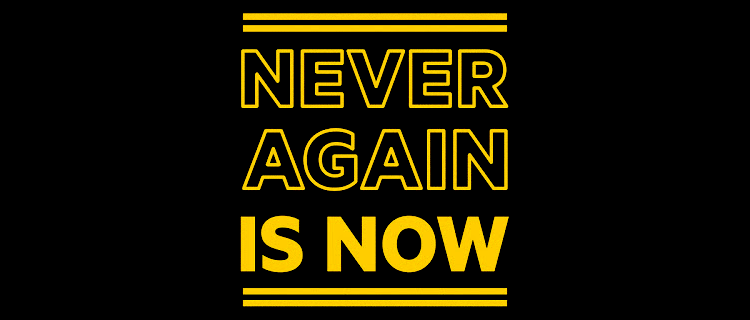The International Contemporary Ensemble returns to NYU Skirball with works from MacArthur “genius” and Columbia University professor George Lewis. Learn more about the show:
Building on a decade of collaborative work, the International Contemporary Ensemble, George Lewis, Steven Schick, and Jim Findlay present Soundlines, a monodrama in the style of a radio play that explores and confronts the relationships between self, identity, and personal journeys within complex social constructs. As a musical interpretation of percussionist Steven Schick’s journal documenting his 700-mile walk from the US-Mexico border to the San Francisco Bay Area in 2006, the work traverses space in order to transmit an introspective narrative. Soundlines: A Dreaming Track features a chamber ensemble of seven instruments and an array of digitally spatialized multichannel electronics.
P. Multitudinis, a musical epic that relies on intricate and wordless forms of group communication will, alternately, subsume and reveal the personal within the power of the collective. The work’s title, text, ethics, movement trajectories, and musical methodologies all derive from Spinoza’s notion of potentia multitudinis, presented in his 1677 Tractatus Politicus, published posthumously and later banned: “The right of a commonwealth is determined by the power of a people that is guided as though by a single mind. But this union of minds could in no way be conceived unless the chief aim of the commonwealth is identical with that which sound reason teaches us is for the good of all men.”
Read the Indefinite Article by Professor Malik Gaines, and join us for the NYU Skirball Book Club on October 18. We’ll be reading Oliver Baez Bendorf’s Advantages of Being Evergreen.
